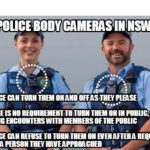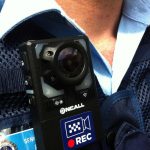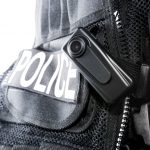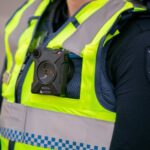NSW Government Refuses to Require Police to Hand Over Body Camera Footage
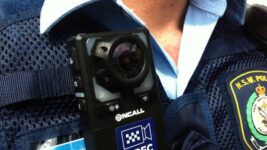
Just prior to the pilot rollout of police body-worn video (BWV) cameras in November 2015, then NSW police commissioner Andrew Scipione remarked that the devices “will hold everyone to account for their actions, including police”.
“A picture is worth a thousand words,” the top cop waxed lyrical, “and if you’re recorded doing the wrong thing – no matter who you are – the evidence will be tough to dispute.”
However, half a decade later, those on the other side of the cameras are having extreme difficulty getting their hands on that evidence.
NSW Greens MLC David Shoebridge wrote to state attorney general Mark Speakman about this issue in February last year, informing that the effect of provisions within two different pieces of legislation is that those police capture on film are denied the ability to obtain the footage.
“This experience is relatively standard,” Shoebridge wrote, “the person is allowed to view the footage but is not provided with a copy of it.” He added that this hampers the ability to mount legal cases related to incidents captured on film and he suggested that Speakman change the laws.
The attorney general’s office promptly got back to Shoebridge last week. The response set out that a Department of Communities and Justice statutory review of state BWV laws had tabled its report last August, which found the prohibition “appropriate given the sensitive nature of the information”.
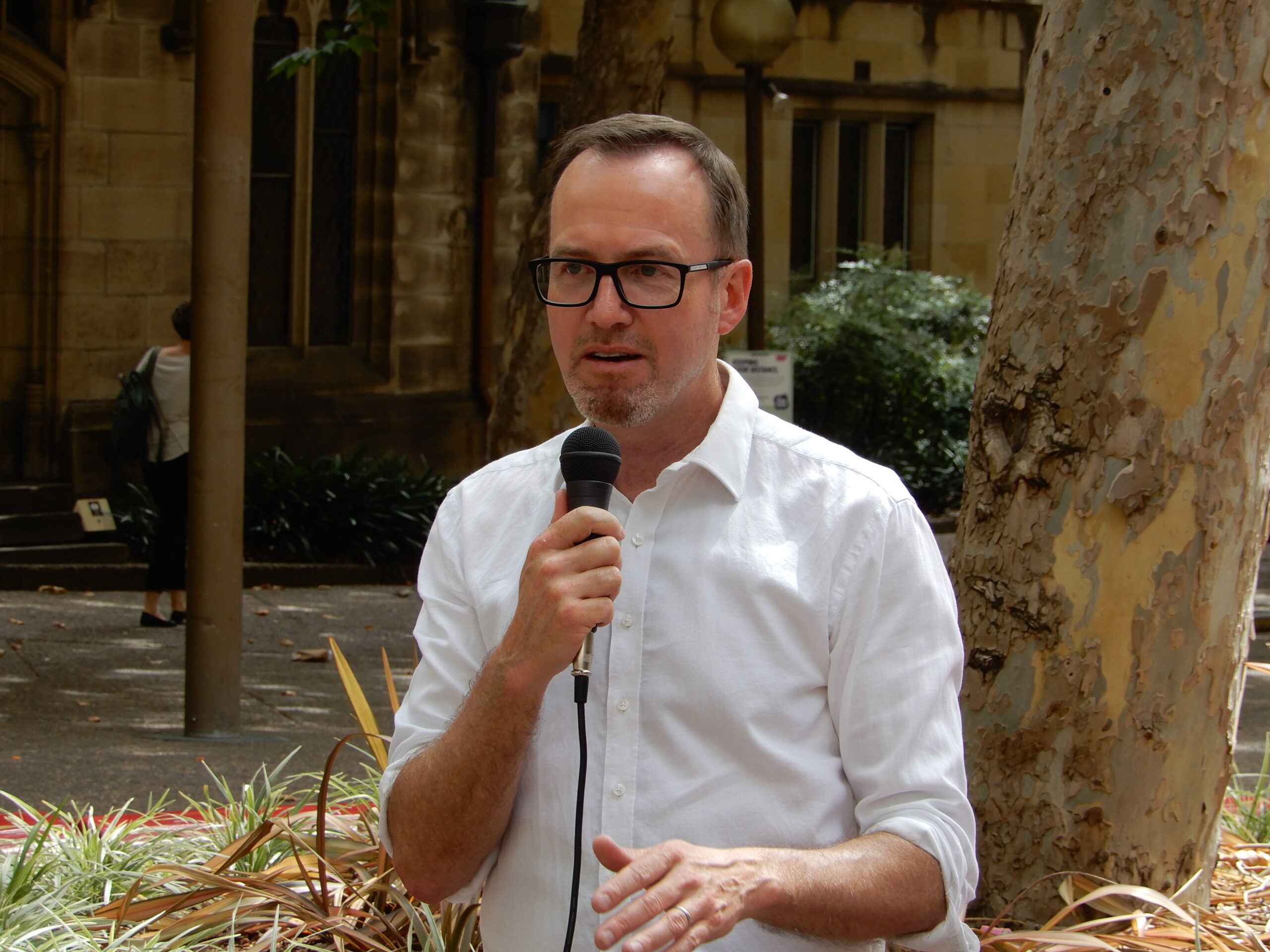
Police protections
“It’s a very disappointing response from the attorney,” said Shoebridge. “And once again, we see the NSW Coalition far more focused on protecting police, than they are on providing genuine transparency for the public, let alone protecting the public’s legal interest as against the police.”
Section 12 of the Government Information (Public Access) Act 2009 (NSW) (the GIPA Act) establishes a “general public interest in favour of the disclosure of government information”. Although, clause 6 of section 14 overrides this if it would contravene another Act that prohibits disclosure.
Section 40 of the Surveillance Devices Act 2007 (NSW) (the SDA) makes it an offence to use, communicate or publish protected information. And this legislation classifies footage captured by police BWV cameras as protected.
“If you’re going to mount a credible defence for a criminal case, or you want the necessary information to bring a civil action against the police, you often need to review the footage multiple times and with reference to other documents,” Shoebridge continued.
“You can only do that if you are given a copy of it,” he further told Sydney Criminal Lawyers. “It is impossible to do that job properly, if you are only given limited access inside a police station.”
Not in the public interest
The disclosure issue around police BWV footage isn’t limited to our state. But the only time the disclosure prohibition has been challenged in the courts nationally was in the 2019 NSW Civil and Administrative Tribunal (NCAT) case Cheung versus Commissioner of Police.
This involved Sharon Cheung, a P2 licence plater at the time, being pulled over by NSW police for a random breath test, and subsequently charged over driving whilst using her mobile phone, as she was listening to music via the device’s Bluetooth connection.
Under the provisions of the GIPA Act, Cheung made an application to obtain all documents and video relating to the incident as she wanted to challenge the offence. She was then provided the documents but was only permitted to view the footage. So, she challenged this in court.
In handing down her judgement on 6 December 2019, NCAT senior member Kay Ransome explained that while the SDA disclosure prohibition carries a number of exceptions to the restriction, none of them relate to handing over BWV footage to members of the public.
The NCAT member ruled against Cheung being able to obtain a copy of the footage, as she was “not satisfied that the public interest considerations in favour of disclosure outweigh the strong public interest consideration against disclosure of the information in the form requested”.
Off again, off again
But there’s another major issue around the use of police BWV cameras, which is the question around switching them on. NSW police BWV standard operating procedures contain five guiding principles, with the first being that officers “use their judgement” as to when to use them.
As Shoebridge tells it, the NSW Police Association campaigned for this measure, which he makes clear is “a serious operational flaw”.
“The idea that police can turn cameras on and off when they choose is such an obvious problem in terms of police accountability that it’s difficult to see how it continues to have the support of the NSW government,” he said.
According to the Greens justice spokesperson, the current state of play leaves officers free to “record an edited version of their engagement with the public”, while bad behaviour can simply take place when the cameras aren’t rolling. So, the solution is to have them on at all times.
Protecting their own
The Baird government oversaw the passing of laws allowing for the rollout of BWVs in November 2014. A pilot program commenced a year later, while in November 2016, the full rollout took place. And by February last year, there were 4,878 cameras in use in the field.
The DCJ statutory review of the BWV laws considered whether the devices should be switched on during all engagement with the public, as well as whether there should be a requirement to release the footage to those captured in it.
On tabling its report on 6 August last year, the DCJ made one recommendation, which was that the current BWV regime “continues to remain in force in its current terms”.
“The statutory review was all about the protection of police. None of it looked at how to protect the public,” Shoebridge concluded.
“So, it’s little wonder that the conclusion was to leave police with the powers to turn on and off the cameras at will, and that it didn’t recommend overturning the provision in the Surveillance Devices Act that effectively prevents the video being produced under freedom of information laws.”


